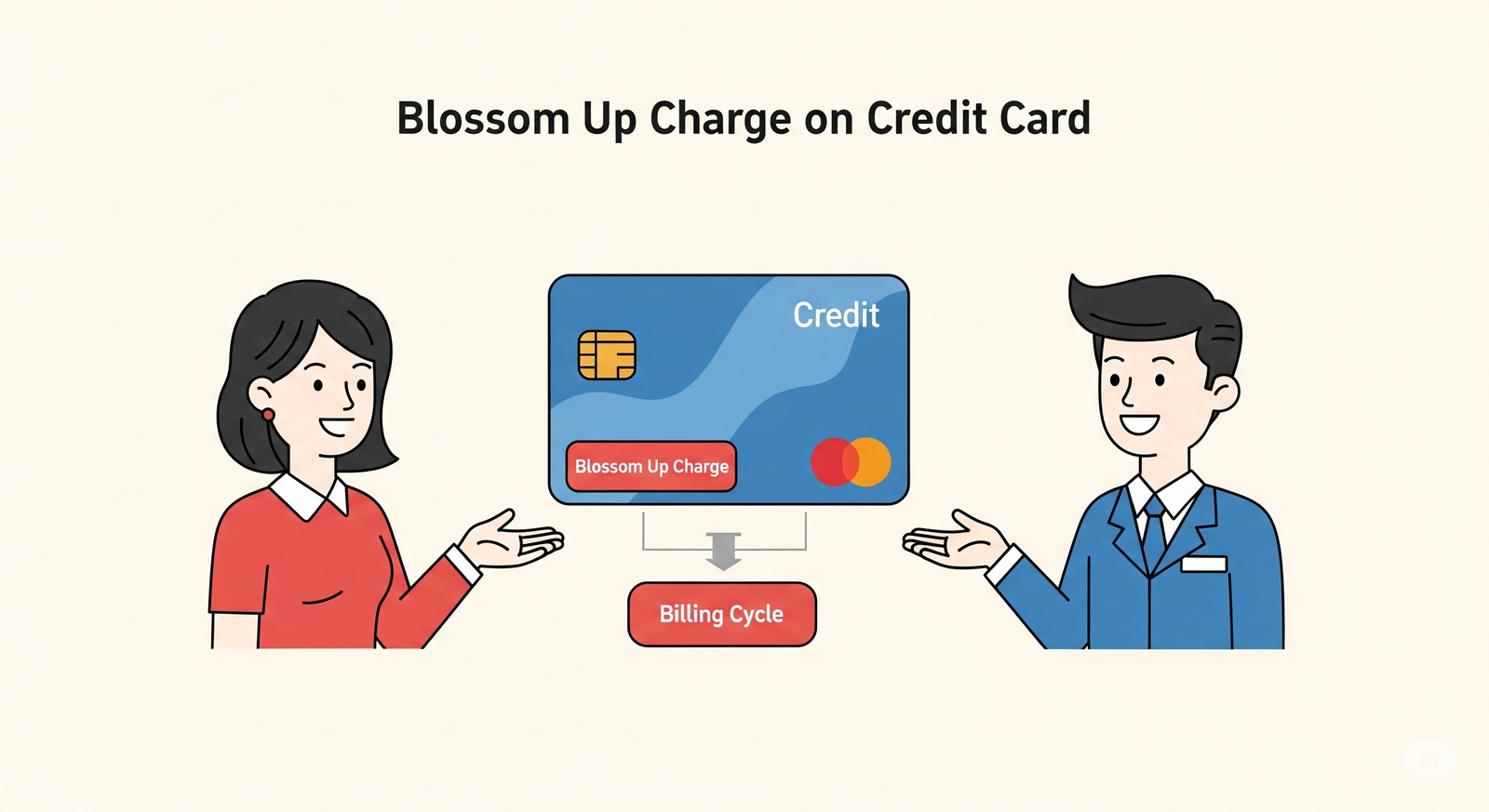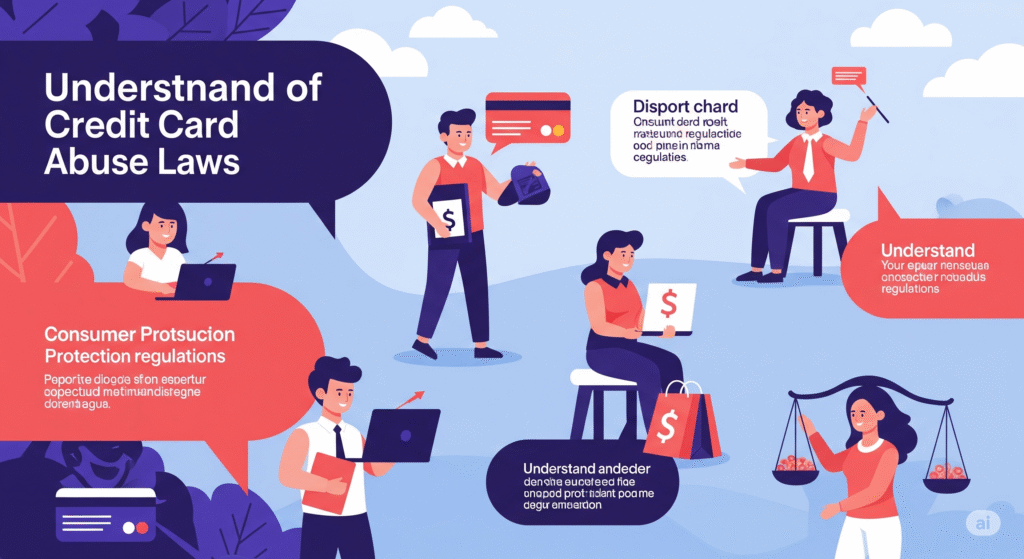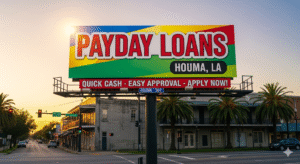
Many people notice a charge labeled “Blossom Up” on their credit card statement and wonder what it is. This charge typically relates to a subscription service from a company called BlossomUp, which offers online tools such as personality quizzes and relationship advice. Most Blossom Up charges are linked to trial periods that automatically convert into recurring subscription fees unless the user cancels in time.
Users sometimes report being unaware of these subscriptions or not realizing they signed up, leading to unexpected payments. Complaints include difficulty in getting refunds or canceling the service. Understanding the source of the charge and how to manage or dispute it can help avoid unpleasant surprises on your credit card bill.
Awareness of common online subscription practices and the steps to verify such charges is essential for protecting personal finances. This article will explain the details behind the Blossom Up charge and offer guidance on how to handle it if it appears unexpectedly.
Understanding the Blossom Up Charge on Credit Card
Blossom Up charges often appear unexpectedly on credit card statements, causing confusion for many cardholders. These charges typically relate to subscription-based services and may involve trial periods that convert into recurring payments without clear consent.
Definition of Blossom Up Charge
A Blossom Up charge on a credit card usually refers to a payment linked to a subscription service operated by a company called BlossomUp. This company provides online personality quizzes and relationship advice tools.
Many users encounter a free trial, often lasting seven days, which then automatically converts into a paid subscription unless canceled in time. Some cardholders report these charges to be unauthorized, describing them as recurring payments they did not intend to approve.
These charges may sometimes appear as unfamiliar entries on a statement, raising concerns about credit card abuse or fraud. Understanding the nature of the charge is key to addressing any billing issues promptly.
Common Businesses Associated with Blossom Up Charges
Blossom Up charges are mostly associated with digital services like personality or relationship quizzes. These online offerings use a trial-to-subscription model, where initial free or minimal-cost trials lead to recurring monthly fees once the trial ends.
Certain cases mention the name Christell White Paterson in relation to disputed charges, suggesting individuals may report specific fraud or unauthorized billing concerns linked to BlossomUp activity.
Many users find that their card issuers group these charges under the merchant names connected to BlossomUp or related digital subscription services, sometimes making it harder to immediately recognize the charge’s origin.
How to Identify Blossom Up Charges on Statements
Blossom Up charges often appear under merchant descriptors that may include “BlossomUp,” “Blossom Up,” or similar variants on credit card statements. These descriptors might be mixed with additional terms linked to digital quiz or subscription services.
If unsure about a charge, cardholders should check their recent app store subscriptions or email confirmations for trial or subscription sign-ups. Blossom Up usually sends an email confirmation when a subscription starts; locating this can clarify if the charge was authorized.
If a charge appears unfamiliar, reviewing all recent online subscriptions is advised. Contacting the bank or credit card company to report possible unauthorized or fraudulent charges is a necessary step in resolving disputes. Keeping documentation such as emails and screenshots helps support any claims regarding unauthorized Blossom Up charges.
Investigating Unrecognized Blossom Up Charges
Unrecognized Blossom Up charges can arise for various reasons, including subscriptions, trial periods, or potential fraud. Understanding the source and responding appropriately helps to avoid unwanted payments and limits liability.
Why Blossom Up Charges Appear on Your Credit Card
Blossom Up charges typically result from enrolling in online services such as personality quizzes or relationship advice platforms. These services often include a free trial period, after which recurring payments start automatically unless canceled.
Users might not recall signing up or miss cancellation deadlines, leading to unexpected charges on their statements. The descriptor on the credit card statement often reads as “BlossomUp” or similar, which can be confusing.
Occasionally, charges linked to different merchant names like Good Sportsman may appear if bundled under a parent company or third-party payment processor. While not related to Blossom Up, these charges can also cause confusion when tracing transactions.
Potential Fraud and Unauthorized Charges
Some Blossom Up charges can result from credit card theft or misuse. Criminals exploit stolen card details, often sourced from credit card dump sites, to make unauthorized charges.
A first-time offense of credit card fraud might be small and go unnoticed, but recurring or larger unauthorized charges signal a security breach. It’s critical to review statements carefully and watch for suspicious activity.
Blossom Up has appeared in reports linked to fraudulent websites or unauthorized enrollments. Users should verify whether the charge aligns with services they knowingly signed up for before assuming fraud.
What to Do if You Don’t Recognize a Blossom Up Charge

If a charge is unrecognized, the user should take these steps:
- Review recent online activities for trial sign-ups or subscriptions.
- Check email confirmations for any Blossom Up or related service notifications.
- Contact the credit card issuer immediately to report unauthorized transactions.
- Request a dispute or fraud claim if the charge was not authorized.
Canceling the subscription promptly can avoid further billing. Monitoring the card for similar charges reduces the risk of ongoing fraud. Ignoring unknown charges increases liability risks, so immediate action is advised.
Resolving Blossom Up Credit Card Charges
When a charge from Blossom Up appears unexpectedly on a credit card statement, action is necessary to address the issue promptly. The process usually involves identifying the charge, disputing it through the credit card company, and seeking a refund if the charge was unauthorized or incorrect.
Steps to Dispute a Blossom Up Charge
First, the cardholder should review recent activity to confirm whether the charge relates to a trial or subscription they may have unknowingly accepted. Blossom Up often uses trial offers that convert to recurring payments.
The cardholder must gather all relevant information, including transaction dates, amounts, and any related emails or receipts. Next, they should contact their credit card provider’s customer service to report the charge as unauthorized or mistaken.
It helps to clearly explain that the charge is from Blossom Up, which is known for subscription-based billing. Documentation should be kept for reference. If the cardholder is unsure what “JPMCB Card Services” or other unfamiliar merchant names like “Acqra Charge” or “Modern Leasing MI” on their report mean, they should ask the issuer for clarification.
Contacting Credit Card Issuers
Once disputed, the cardholder needs to follow the issuer’s specific procedures. This usually involves submitting a written or online dispute form within a set timeframe, often 60 days from the statement date.
Card issuers such as JPMCB provide zero liability protection for unauthorized charges. Contact can be made via phone or secured online portals. It is important to insist on a formal investigation and request updates regularly.
Issuers will temporarily credit the account during the investigation. Keeping a detailed record of all communications, including dates, names of representatives, and confirmation numbers, is critical to ensure smooth resolution.
Getting a Refund or Reversal
If the dispute is valid, the credit card issuer will reverse the Blossom Up charge and refund the cardholder accordingly. Refund timing varies but typically occurs within one to two billing cycles.
If the charge resulted from a subscription, the cardholder should also cancel the subscription directly with Blossom Up to prevent future charges.
In cases where the cardholder faces hesitation or delays from credit card providers, escalating the claim or contacting consumer protection agencies might be necessary. Clear communication and persistence are key to recovering funds without undue delay.
Legal Considerations and Consumer Rights
When dealing with unexpected charges like those from Blossom Up, it is important to know the legal timelines, protections against credit card misuse, and potential consequences if debts remain unpaid. Consumers should understand how these factors impact their rights and financial responsibilities.
Statute of Limitations for Credit Card Disputes
The statute of limitations defines the time allowed to legally dispute a credit card charge or to collect a debt. In Georgia, this period is generally six years for credit card debt. After this, creditors or companies cannot sue to collect the debt.
Consumers must act within this timeframe to dispute charges like unauthorized Blossom Up fees. If a creditor attempts to sue after the expiration, the consumer can use the statute of limitations as a defense.
It is important to note that the clock may restart if a consumer makes a payment or acknowledges the debt in writing. This could affect the dispute window, so careful record-keeping is essential.
Understanding Credit Card Abuse Laws

Credit card abuse covers a range of illegal activities including unauthorized use, fraud, and theft. Felony credit card abuse often involves theft of large sums or multiple transactions intended to cause significant financial harm.
Felony-level credit card theft typically includes using stolen card information without permission or making fraudulent purchases. Penalties may include fines, restitution, and imprisonment, depending on severity and jurisdiction.
Consumers should be aware that companies like Blossom Up must follow strict billing and disclosure rules. Unauthorized recurring charges may violate consumer protection laws, giving cardholders grounds for dispute or denial of the charge.
Can Credit Card Companies Put a Lien on Your House
Credit card companies generally cannot place a lien on a property without first suing the cardholder and obtaining a court judgment. A lien is a legal claim against assets, such as a house, used as collateral for debt.
If a credit card balance from charges like those of Blossom Up remains unpaid, a creditor must win a lawsuit before pursuing a lien. Afterward, they may file a judgment lien on the property.
Before this step, companies may hire attorneys or collection agencies. While attorney fees for credit card transactions like disputed fees are often subject to legal limits, consumers should confirm what charges are legitimate.
Knowing these rules helps consumers protect their assets while responsibly managing credit card disputes and debts.
Credit Card Statement Reconciliation and Security
Careful tracking and reviewing of credit card statements are essential to detect unauthorized charges or errors. This involves using specific tools to identify unknown transactions and establishing strong security practices to protect accounts from fraud.
Tools for Reviewing Charges
Credit card reconciliation software simplifies the process of verifying transactions. It allows users to compare their credit card statement with receipts and transaction histories, making it easier to spot discrepancies or unfamiliar charges like “Blossom Up” subscriptions.
Many programs also provide alerts for soft declined versus hard declined credit card transactions, helping to understand failed payment attempts and avoid unexpected fees. Additionally, users can access merchant details through online platforms or customer support when a charge is unclear.
Preventing Future Unauthorized Charges
Preventing unauthorized charges starts with monitoring statements regularly and setting up transaction alerts. Users should immediately report suspicious activity to their credit card issuer to block further fraudulent attempts.
It is advisable to update passwords frequently and avoid saving card details on websites with poor security. Understanding how someone could use a debit or credit card without physically having it—through data breaches or skimming—reinforces the importance of vigilance.
Proper Security Measures for Credit Card Accounts
Proper security measures include using two-factor authentication and secure, unique passwords for online banking. Users should avoid public Wi-Fi when accessing financial information to guard against interception.
Maintaining up-to-date security software on all devices is crucial. For debit card accounts, additional precautions such as monitoring ATM withdrawals and promptly reporting lost cards reduce risk. Combining technology with proactive habits provides effective protection against unauthorized use.
Related Payment Methods and Similar Charges
Payment methods linked to a Blossom Up charge often include credit and debit cards. Charges resembling Blossom Up may appear under various merchant names, making it crucial to understand how these payment types and charge descriptions function.
Common Credit Card and Debit Card Charges
Credit and debit card statements commonly show charges from subscriptions, one-time purchases, or service fees. For example, “Buy proxy with credit card” transactions are often recurring or monthly service fees, similar to what users see with Blossom Up.
Some charges come from platforms like Shazam debit card transactions, which involve digital services linked to music or entertainment subscriptions. Users should verify these charges, as they can sometimes be mistaken for unauthorized fees.
Unfamiliar entries, like “100 Deerfield Lane charge on debit card,” often represent legitimate but unclear merchant addresses. It’s important for cardholders to match these with known purchases or contact their card issuer for clarification.
Differences Between Credit and Debit Card Usage
Credit cards allow users to borrow funds up to a limit, making subscription or trial-period charges easier to manage and dispute if necessary. Debit cards debit funds directly from a checking account, which means charges like those from Blossom Up hit available account balances immediately.
Electronic debit cards operate similarly to debit cards but can carry a Visa or Mastercard logo, allowing use where credit cards are accepted. The difference between US debit and Visa debit primarily lies in the issuing bank and network.
Because debit cards lack a borrowing feature, users should monitor balances closely to prevent overdrafts from recurring charges or unknown fees.
How Miscellaneous Charges Appear on Statements
Charges can appear with various merchant names or locations unrelated to the service name. For example, Blossom Up could show up under the company name or a service provider’s billing address.
Key factors in identifying these charges include:
- Merchant descriptor clarity
- Billing location details (such as “100 Deerfield Lane”)
- Recurring amounts and billing cycles
Unknown charges often stem from trials that became subscriptions. Users seeing unfamiliar entries should check transaction details, consult merchant websites, or contact their bank promptly to resolve disputes.
Avoiding and Managing Future Blossom Up Charges
Managing unexpected charges requires proactive monitoring and careful control of payment methods. Taking clear actions helps prevent unwanted subscriptions and protects financial information from unauthorized use.
Setting Up Alerts and Account Monitoring
Users should enable transaction alerts with their bank or credit card provider. Alerts notify immediately of any charge, including those from Blossom Up or unfamiliar sources. Mobile banking apps often allow customization for spending limits and merchant notifications.
Regularly reviewing bank and credit card statements prevents missing recurring charges. Checking app store subscriptions is also important since Blossom Up subscriptions can be linked to these platforms.
If a chip malfunction occurs on a debit card, it can cause failed transactions that might result in duplicate charges. Contacting the bank to fix or replace the card promptly avoids confusion and possible unauthorized charges.
Best Practices for Safe Online Transactions
When signing up for services like Blossom Up, users should avoid instantly paying with credit cards unless fully aware of the terms. It’s wise to use payment methods that allow easy monitoring and cancellation, such as dedicated business debit cards separated from personal expenses.
Avoid mixing personal use with business debit cards to maintain clear financial control and reduce risk of unauthorized or mistaken charges. Before purchasing services or quizzes online, always read fine print, especially about trial periods and automatic renewals.
For significant expenses like Lasik surgery, using a credit card often provides better fraud protection and dispute options compared to other payment methods. This insight can extend to subscription payments where recurring charges are possible.
When to Request a New Credit Card
If unauthorized Blossom Up charges continue despite canceling subscriptions, requesting a new credit card can be an effective solution. Changing the card number stops further billing linked to the old details.
A new card is also advisable after suspicious activity or reported fraud. Banks can issue replacement cards quickly, often with added security features to prevent chip malfunction or digital breaches.
Requesting a new card helps users regain control and simplifies disputes with merchants or banks. Keeping detailed records of cancellation requests and correspondences supports any refund or fraud claims.
Advanced Payment Solutions and Credit Products

Various financial tools help businesses manage cash flow and fund growth. Options include credit cards through credit unions, unsecured lines of credit, and home equity-based loans or lines of credit. Each offers different terms, interest rates, and eligibility requirements suited to specific business needs.
Credit Union Business Credit Cards
Credit union business credit cards often provide lower interest rates and fewer fees compared to traditional bank cards. They are particularly attractive for small businesses seeking affordable financing with flexible repayment options.
These cards typically offer rewards programs tailored for business expenses, such as office supplies or travel. Credit unions prioritize member service, so applicants might benefit from personalized support and more lenient credit requirements.
Business owners using credit union credit cards may also gain access to educational resources and financial tools designed to optimize card use and expense tracking. This can simplify cash flow management while minimizing borrowing costs.
Unsecured Business Lines of Credit
Unsecured business lines of credit grant access to funds without requiring collateral, making them a flexible option for businesses needing short-term cash flow support. Providers like Coast Hill specialize in these credit products, offering competitive terms and fast funding.
Borrowers receive a credit limit that they can draw from as needed, repaying only on the amount used. Interest rates vary but often depend on the borrower’s creditworthiness rather than fixed collateral value. This can result in higher rates compared to secured products but enables easier access.
These lines of credit are ideal for handling irregular expenses or seizing opportunities without a large upfront commitment. They also foster financial agility by allowing revolving access to funds, unlike fixed loans.
Home Equity Loan and Line of Credit Options
Home equity loans and home equity lines of credit (HELOCs) tap into the borrower’s property value as collateral. These products usually offer lower interest rates than unsecured business credit due to the secured nature of the loan.
For example, homeowners in Daly City may access second position home equity loans to fund business ventures. Real estate lines of credit provide continuous access but require careful management of credit limits and repayment schedules.
HELOC rates vary by region—such as competitive HELOC rates in Connecticut or Wichita, KS—and can be influenced by market conditions and individual credit profiles. Both closed-end home equity loans and cash value lines of credit offer structured repayment terms, appealing to those seeking fixed or flexible borrowing options linked to their home equity.
Using home equity products involves risk, as default can lead to loss of property, so borrowers should weigh the benefits carefully against potential downsides.




